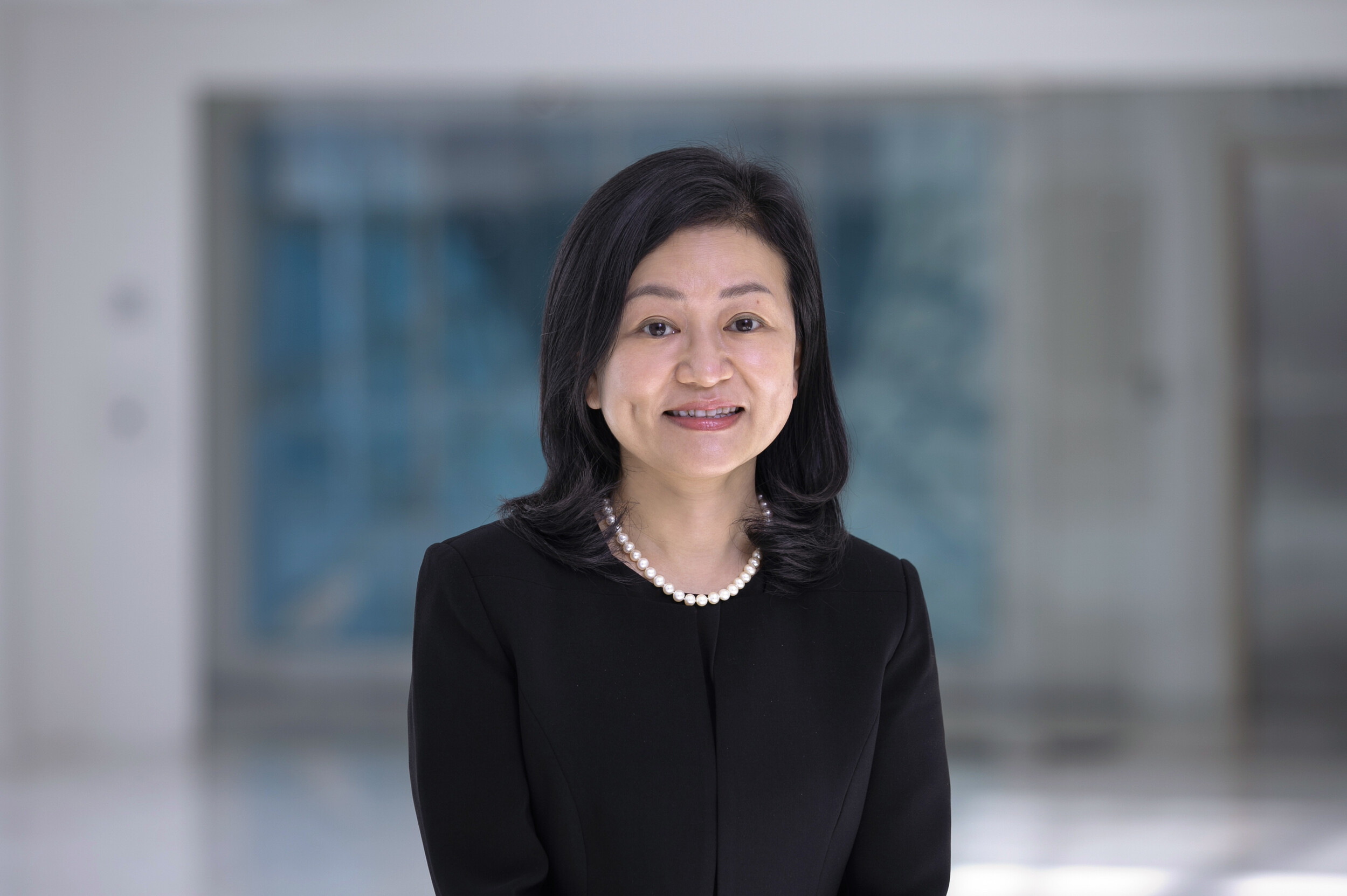Casting a wider net: Acquiring the best talent beyond borders
- Josephine Tan

Recruiting the best talent on a global scale has become more commonplace than ever thanks to the globalisation of the workforce. Emerging from the pandemic, which demonstrated the feasibility of remote work en masse, employees now have greater options as to where they want to work.
But what exactly drives organisations to recruit internationally?
Speaking exclusively to HRM Asia, Karen Ng, Regional Lead, ASEAN, Hong Kong, Singapore, India and Greater China at Deel, a digital platform that facilitates global hiring and onboarding, highlighted three major factors that drive organisations to cast a wider net in their recruitment process, starting with the global talent shortage.
“A large number of organisations are hiring through Deel because they are unable to find the right talent onshore,” she explained. “In Singapore, for example, there is a shortage of talent for roles such as software engineers and technology professionals, which is why organisations are looking to hire abroad.”
It is also important to note that since the pandemic, the way people work has changed. Remote work is here to stay, she asserted, as employees do not have to be present at a specific location to perform their duties. Furthermore, she noticed that many of the positions advertised today do not explicitly state where the organisation expects its employees to be located since the work can be carried out in any time zone.

“The future of work will be built on dispersed teams – whether they are located in a different country or just 100 kilometres away from the CBD.” – Karen Ng, Regional Lead ASEAN, Hong Kong, Singapore, India and Greater China, Deel
“The future of work will be built on dispersed teams – whether they are located in a different country or just 100 kilometres away from the CBD. This concept of people coming into an office to work will soon be a thing of the past.”
“The challenge then becomes learning how to create a sense of connectedness with those hybrid teams. That’s where platforms like Deel become invaluable.”
The third factor contributing to global hiring is globalisation, according to Ng, as organisations are now more sophisticated when faced with challenges due to the proliferation of remote working, and many organisations advocate borderless work.
“One other trend we observe is the retention of key talent,” Ng said. “In Hong Kong, for example, there has been an extended lockdown due to the pandemic and many expatriates are looking to relocate. However, there might not be available roles elsewhere. Because of the shortage of talent, many organisations are building on their employee retention strategies and looking for alternatives to retain these employees.”
“Giving them a platform that allows staff to work remotely, perhaps back in their home country with their family, is a great way to retain that institutional knowledge.”
So, what constitutes a successful global hiring strategy? In Ng’s opinion, the first step is to evaluate the recruitment processes and strategies.
“It is known that some organisations are unable to find the right talent onshore, which leads them to hire internationally.”
“And when organisations are considering expanding abroad, they might face issues with compliance and language barriers. There would also be costs and commitment factors involved. Therefore, at Deel, we are committed to helping organisations to go to market quicker.”
Hiring beyond borders
Headquartered in San Francisco, but with staff located all across the globe, Deel provides payroll and compliance services to organisations hiring international employees and contractors. The employment solutions provided by Deel enable organisations to recruit abroad through their local legal entities based in more than 80 countries.
Throughout the entire employment process, Deel, as an Employer of Record (EOR) service provider, manages all the back-end work, such as compliance, payroll and HR administration, while the employee continues to work for the businesses as usual.
“With Deel, organisations do not need to establish an entity when venturing into a new market,” Ng said. “For example, a client of ours is based in Singapore but is looking to enter India. Starting as a small group, they now have 25 employees in India and are looking to open an entity and invest more time and effort into it. Deel has given them the ability to test out new markets, something that I consider to be vital to the success of any organisation today.”
Besides global recruitment and relocation support, Deel also offers contractor payments and global payroll services. Deel’s in-house payroll team takes care of the complexities of paying global employees in different countries by consolidating team payroll in one place and taking care of the compliance side of things.
Furthermore, organisations will have a global view of their payroll data which allows them to make data-driven decisions about payroll with reports from all locations and roles.
“Managing local employment laws and currencies can bring with it a lot of bureaucratic headaches,” Ng said. “We want to take that pressure off of HR teams and business owners. They have more important stuff to worry about.”
It is also important to pay attention to how HR leaders onboard new team members when they hire internationally, Ng noted. In her view, onboarding strategies are equally important as global hiring strategies.
“Often, it is just a matter of getting paperwork done and hiring the employee. We realised now, however, that the employee may be alone in that country, so how can we ensure the employee remains engaged, feels connected and does not feel excluded?”
Communication and flexible work approaches are key, she emphasised, as they encourage the employee to place more effort in their work because they feel the organisation values their time and wellbeing, thereby strengthening their engagement and bond with the organisation.
“These things all ladder up to creating a connected remote workforce,” Ng said. “The modern-day workforce, while often separated by thousands of miles, should feel connected and highly engaged. That’s the only way businesses of the future will succeed.”
Learn more about how Deel can help you to respond to the skills shortage by connecting you with skilled workers from across the globe.






